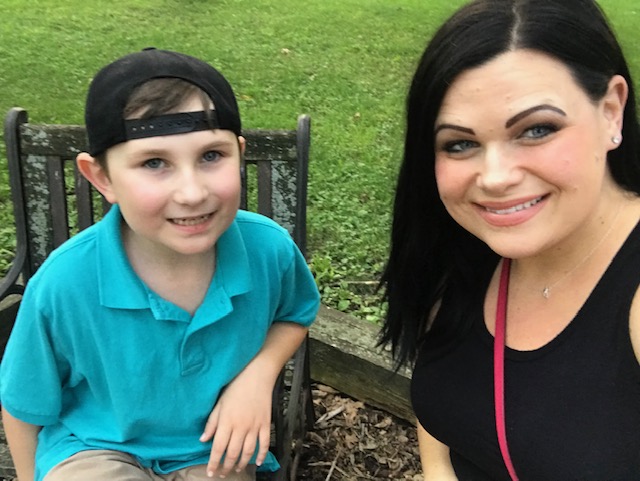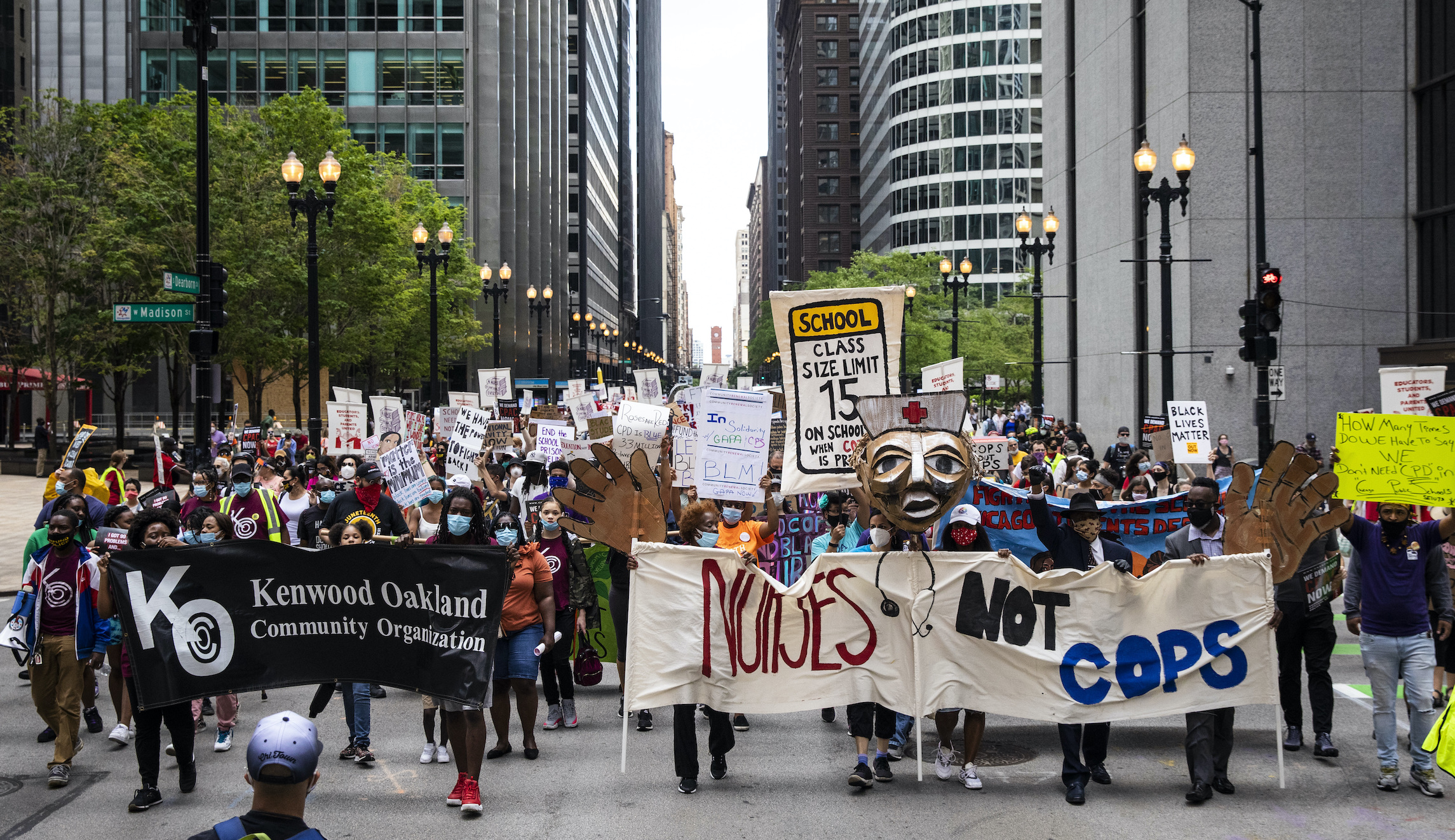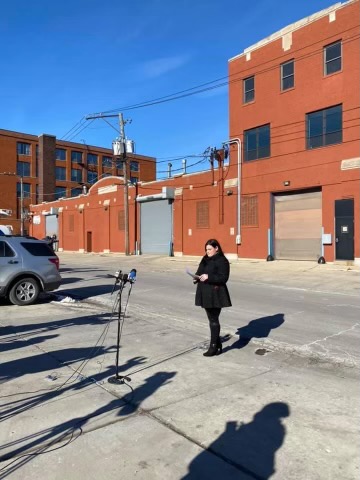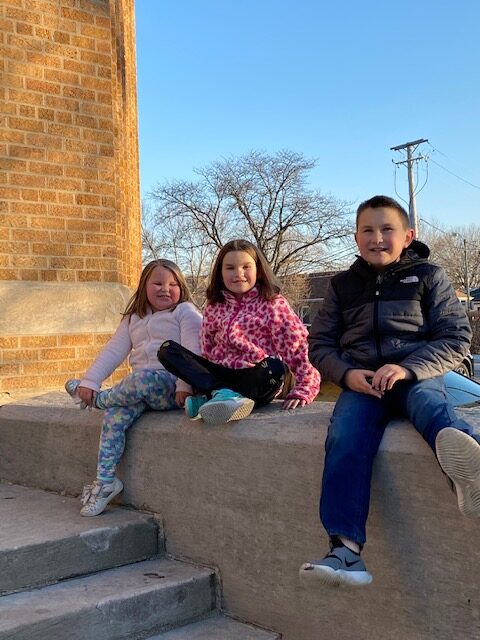For almost a year, parents in Chicago have juggled working from home and making sure their children keep up with their schoolwork via Zoom, only to see them fall further behind.
With children around the nation slowly returning to class and a vaccine promising safety for teachers, parents in the Windy City had some hope things would soon get back to normal. But now, teachers have signaled they have no intention of returning to the classroom in the near future, and some parents are worried — and angry.
“They have wounds of isolation, falling behind, not connecting with their peers or other adults … now it’s time, we need to triage them,” said Sarah Sachen, a mother of three CPS students. “And our teachers are a vital part of healing children right now from this pandemic.”
Sachen told the Washington Examiner on Wednesday that she is fearful of the impact a union strike could have on thousands of students across Chicago and hopes that in-person learning can resume. She used the metaphor of war to describe the injurious effects that the pandemic has wrought for children who thrive on social interaction.
The mother and lifetime Chicagoan said that the union has left parents “alone on the battlefield” and that she and other parents and guardians have been left “to care for our most wounded, which is our children.”

While there have been protests and strikes between the Chicago Teachers Union and Chicago Public Schools in the past, this time around, the point of contention is not about wages or contracts, but rather about the pandemic and mitigation efforts by CPS.
Preschool and special education students returned to classrooms for the first time since March on Jan. 11, and kindergarten through eighth grade students were supposed to be allowed to attend in-person classes on Monday, although this week, negotiations between CPS and the CTU became more entrenched. The union directed its members who were already teaching preschool and special-needs students to work from home on Wednesday, which prompted the re-suspension of all in-person classes, according to the Chicago Sun-Times.
There are fears that if CPS responds to the union’s move by sanctioning teachers and cutting off remote work, the CTU may hold a strike vote over unfair labor practices, which Randi Weingarten, president of the American Federation of Teachers, referred to as a “safety strike.”
“So it’s come to this,” the union said in a Tuesday afternoon email to its members. “Short of some late-breaking change, *all* CTU members will begin working remotely tomorrow, Wednesday, January 27. And if CPS retaliates against members for exercising their right to a safe workplace, *all* CTU members will stop working on Thursday and set up picket lines at their schools.”
Union members largely support the plan to keep teachers from returning to their classrooms. About 71% of the 86% of members who voted agreed with the move to hold teachers from returning.

The Washington Examiner spoke with another parent who only wished to have her first name, Jennifer, published. Jennifer said virtual learning has been a detriment to her children (not including one who is in private school and already back to in-person education).
The mother of five said that it has been particularly difficult for her 4-year-old preschooler, who had finally returned to in-person learning two weeks ago but now is back online because of the union’s move to instruct teachers to stay home.
“They’re not thriving through remote learning; all of my kids are really wanting to be back in school,” Jennifer explained. “My baby, the 4-year-old preschooler, this morning woke up and was ready at 6 a.m. and was trying to get ready for school, and I had to tell him, ‘I’m sorry, but you’re still not going back to school,’ and he was really heartbroken about it.”
She said that the teacher of her preschooler son “has made it very clear that she can see a huge difference in my son between remote learning and in-person learning.” Jennifer described how different the virtual learning experience can be for each of her children. She said that her second-grader and fourth-grader have “barely had any work,” but her first-grader “seems to be online all day” with minimal breaks.
Jennifer is not alone in her desire to have her children back inside brick-and-mortar schools. She said she has talked to a lot of parents who want a return to in-person learning and even teachers who feel the same way.
“Thousands of parents throughout the city are connected and united on this issue,” Sachen added during a phone interview.
Sachen mentioned that parental support for reopening has been galvanized in several active Facebook groups about the matter. One such private group, “CPS-Kids need to be back in school,” has some 1,200 members. She said that if the union does decide to strike, groups of parents are already “working on rallies and protests.”
The main sticking points in the union negotiations are questions about whether teachers should be required to be vaccinated before a return to the classroom and about remote-work accommodations for members who live at home with people who would be more vulnerable to COVID-19, such as the elderly or the infirm.
“Reopening is not the argument. The discussion, the debate is safety. That’s it,” CTU Vice President Stacy Davis Gates told ABC 7. “When we implement a safe agreement phase in vaccines, a health metric, accommodations that meet the needs of medically vulnerable households … those things are important.”
In order to meet the concerns of the union, the district said that it provided CTU an “updated comprehensive proposal,” which included prioritizing vaccines for teachers and staff in high-risk communities, testing of staff twice per month, testing students in 10 ZIP codes with high rates of COVID-19 once a month, and expanding remote work accommodations.
The Washington Examiner reached out to the union for information about the latest developments regarding negotiations and the potential for a strike but did not immediately receive a response.
When contacted by the Washington Examiner, an official with the district provided a copy of the email that was sent to families Tuesday evening notifying them to keep their children from returning to in-person classes on Wednesday, given the move by the union to have its preschool and special education members begin to work from home again. The email noted several improvements the district is willing to provide for safe in-person learning but said some of the CTU’s demands were not reasonable.
“Our discussions with CTU continue to address important topics, including the understandable hesitation and anxiety of teachers and staff. Union leadership has unfortunately continued to make demands that simply don’t align with local, state, or federal public health guidance,” CPS chief Janice Jackson wrote. “CTU leadership is now demanding that in order for CPS to return to in-person learning, their members must be vaccinated ahead of other city residents, including the elderly, first responders, grocery store employees, and other school staff members who have been in schools regularly since the pandemic began.”
While the CTU and CPS struggle toward an agreement in an attempt to stave off a strike and begin in-person instruction, Jennifer said that she believes there should be a more individualistic touch to in-person learning and suggested that it might be better to leave the matter up to different schools.
“They need to stop making it all for one and one for all,” she said.
Over the weekend, Sachen organized a group of parents that gathered in front of union headquarters to urge teachers not to strike and to advocate for in-person learning. Sachen said she was particularity upset about that preschool and that special-needs students are now back home after finally returning for in-person classes.

“I think it’s unconscionable that they’ve been in school for two weeks and their educators are just walking away from them,” Sachen said. “They’ve had routines, they’re establishing connections … and to just rip that away, especially for our most vulnerable children, is just incomprehensible.”
Jennifer, who said that she understands how serious the pandemic is, added that she also worries about the impact that virtual learning may have on the minds of children at such a transformative age.
“I think we need to start thinking about the kids’ mental health as well because it’s not just their health as far as COVID goes, but their mental health is also extremely important,” she said.

